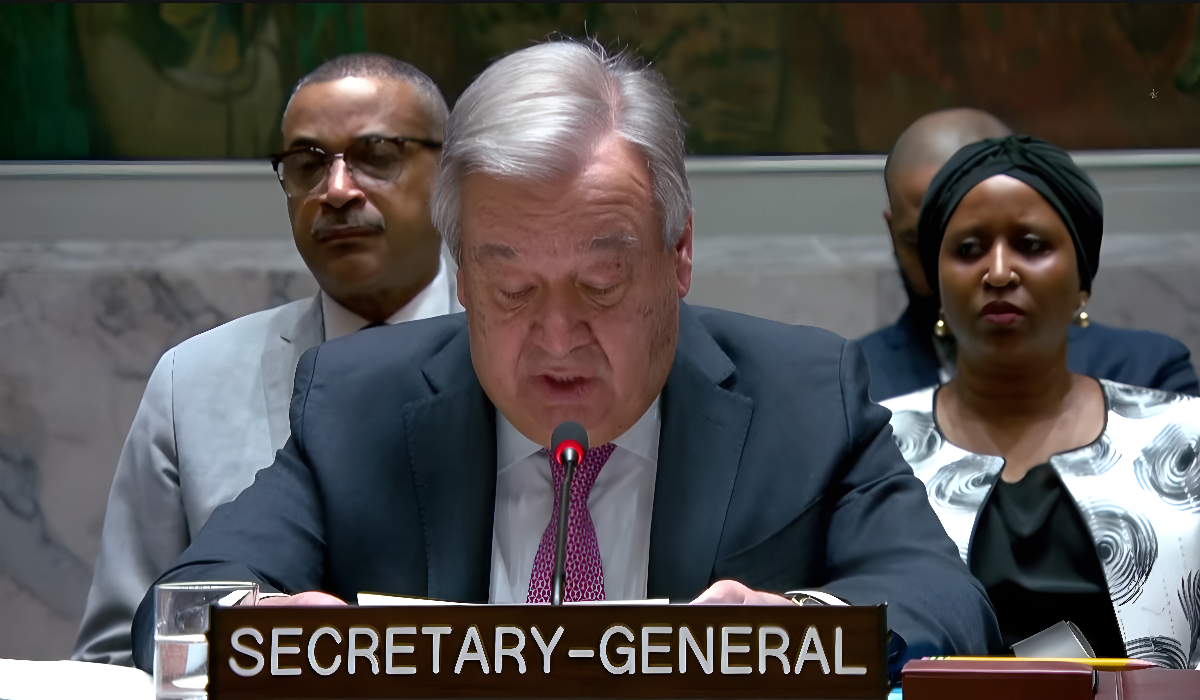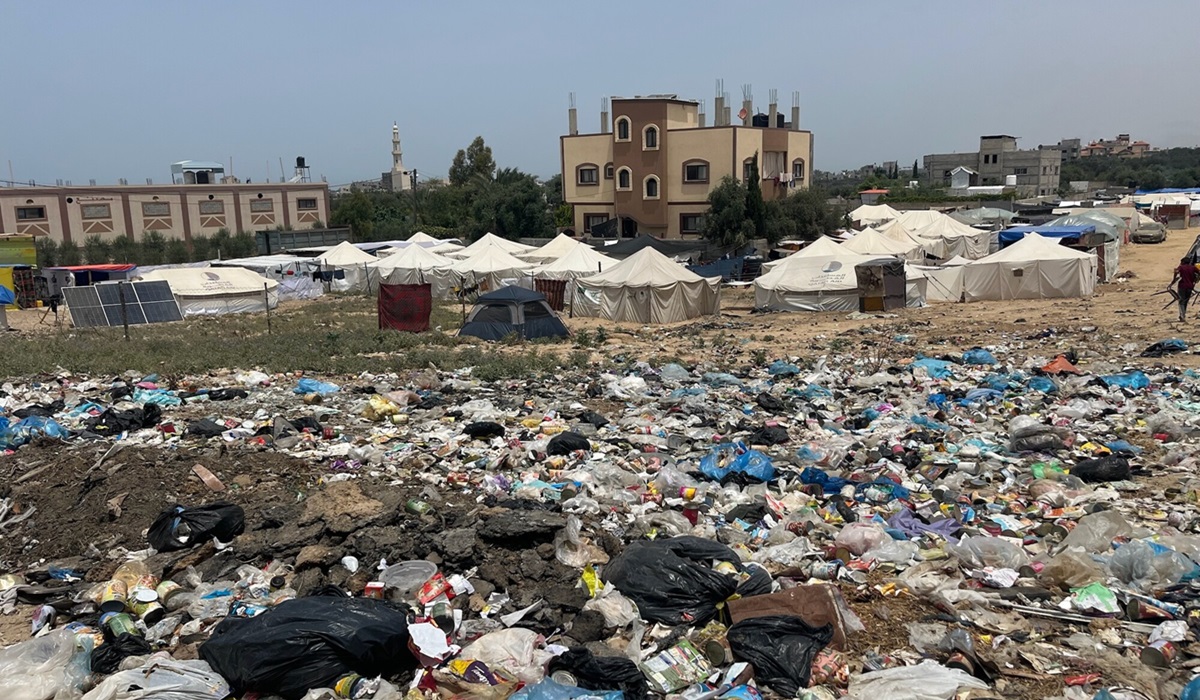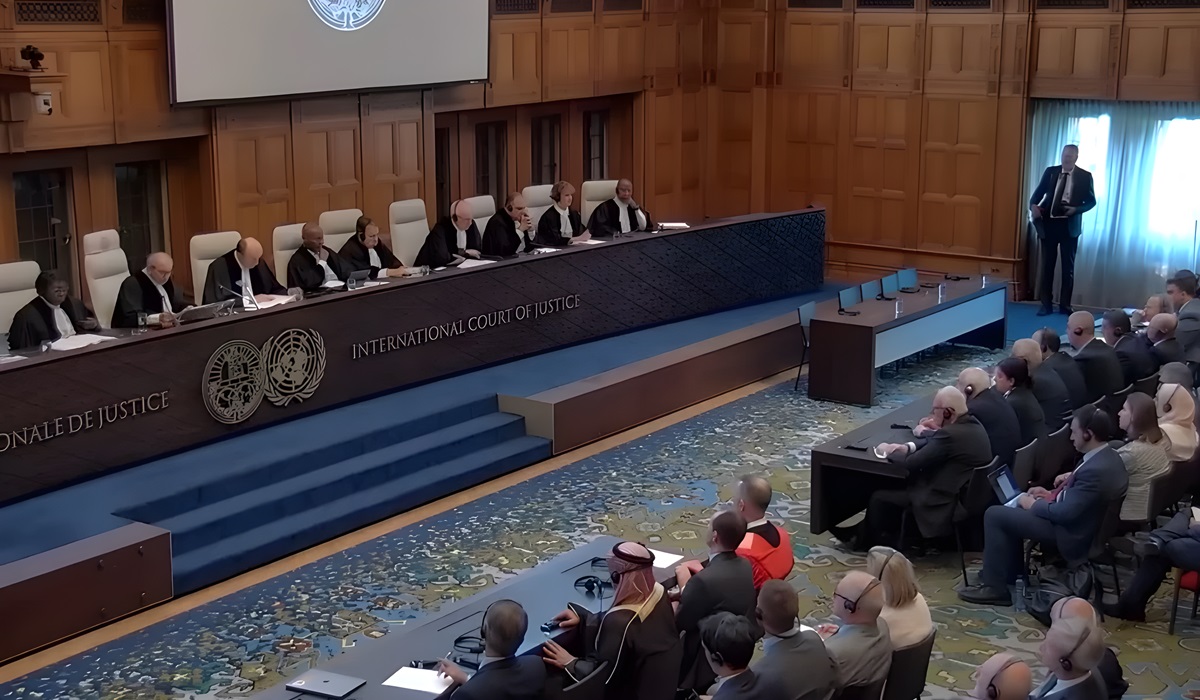The Truth Behind Measured Responses in Conflict: A Critical Examination
- TDS News
- Breaking News
- April 16, 2024

In the intricate world of international relations, the notion of a “measured response” stands as a cornerstone principle. Often invoked to justify military actions undertaken by sovereign nations in response to perceived threats or attacks, it now finds itself under intense scrutiny in the wake of recent events between Iran and Israel.
The latest chapter in this saga unfolded with Iran’s retaliatory missile strikes against Israel, ostensibly in response to the assassination of Iranian generals on sovereign soil at its Embassy in Syria. Yet, amidst the gravity of these events, condemnation of Iran’s actions is exasperated; instead, Western media and political discourse remain one-sided. The narrative predominantly centered on Israel’s unquestioned right to self-defense—a sentiment reiterated ad nauseam without due consideration of the broader context.
For decades, Israel and Iran have engaged in a covert struggle marked by targeted assassinations and proxy warfare. Both sides have inflicted casualties and executed attacks, often with dire consequences for civilians inadvertently caught in the crossfire. Yet, the overarching narrative often sidesteps this historical backdrop, portraying Iran’s actions as unjustified and disproportionate.
The pivotal question that arises is: What truly constitutes a measured response in conflict? To dissect this, we must delve into the tenets of international law and ethical considerations. Under Article 51 of the UN Charter, every sovereign nation inherently possesses the right to self-defense. However, the application of this principle must be tempered by notions of proportionality and necessity.
Drawing parallels to past conflicts, such as the U.S. response to the 9/11 attacks and subsequent military intervention in Afghanistan, sheds light on pertinent issues. While the right to retaliate was unquestioned, the methods and aftermath of such responses warrant close examination. The prolonged occupation and staggering toll of civilian casualties in Afghanistan serve as stark reminders of the complexities inherent in executing a measured response in practice.
Furthermore, the selective condemnation of atrocities by global powers further muddies the waters. The glaring disparity in reactions to similar acts of violence lays bare underlying biases and geopolitical interests. As evidenced by the recent statement from the G7, the inconsistency in holding all nations accountable undermines the integrity of international norms and institutions.
The case of Israel’s actions in Gaza serves as a poignant illustration of the ramifications of unchecked aggression. The disproportionate use of force, resulting in mass casualties and humanitarian crises, raises profound moral and legal quandaries stemming from the October 7th attack. Despite widespread international condemnation and calls for accountability, the cycle of violence persists, fueled by a lack of genuine dialogue and accountability.
In the face of escalating tensions and the looming specter of all-out war, the imperative for transparency and honesty from political leaders cannot be overstated. The dissemination of accurate information and the rejection of propaganda are essential for fostering trust and understanding among nations. Moreover, concerted efforts to address the underlying root causes of conflict and promote dialogue are imperative for realizing lasting peace and stability.
Furthermore, the figures mentioned in the initial information about the casualties incurred in Afghanistan and Gaza are sobering reminders of the human cost of conflict. According to the Pentagon, the war in Afghanistan resulted in the deaths of approximately 176,000 people, including 46,319 civilians and 69,095 military and police personnel. Similarly, the toll of casualties in Gaza due to Israel’s actions is staggering, with over 33,000 Palestinians killed, the majority of whom were children. These figures underscore the urgency of re-evaluating the principles and practices governing responses to conflict and the imperative of prioritizing human life above all else.
Moreover, it’s crucial to acknowledge the stark contrast in the nature of Iran’s retaliatory strike and Israel’s military operations. Iran’s strike was surgical and targeted specifically at Israeli military infrastructure, a marked departure from Israel’s indiscriminate bombing campaigns that have reduced Gaza to rubble. This distinction underscores the need for a nuanced understanding of the dynamics at play and challenges the simplistic narratives that often dominate public discourse.








